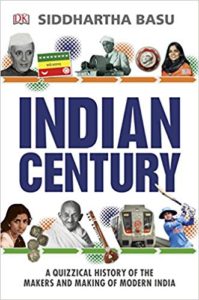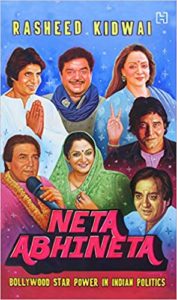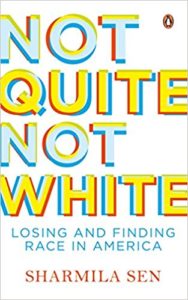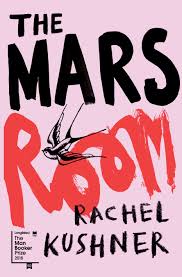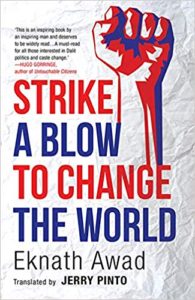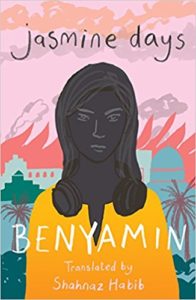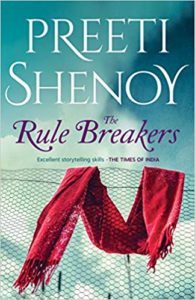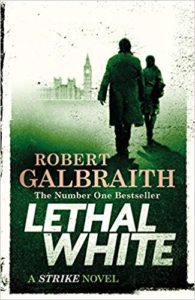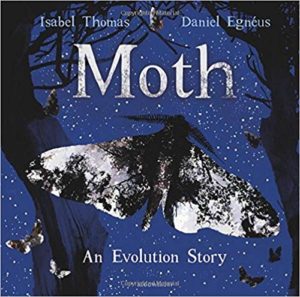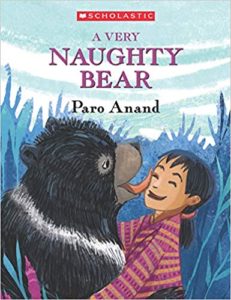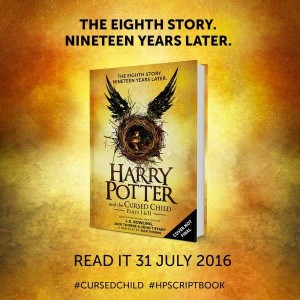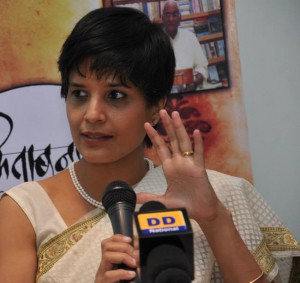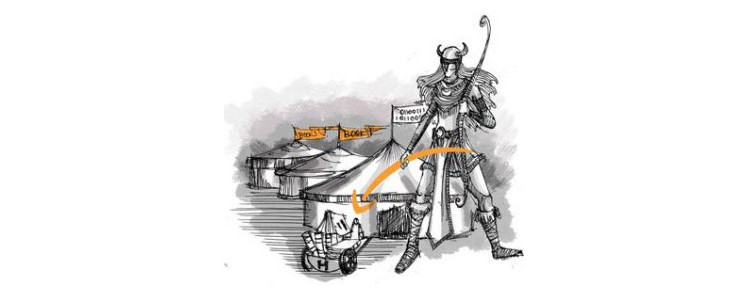( The Hindu asked me to write a short piece about the ongoing price war between Amazon and Hachette. It was published on 31 August 2014. Here is the link: http://www.thehindu.com/todays-paper/tp-features/tp-sundaymagazine/price-fighters/article6365601.ece . I am c&p a longer version of the article published. )
 On August 10, 2014, Authors United wrote an open letter decrying Amazon CEO Jeff Bezos’ pressure tactics on Hachette to lower ebook prices. The letter — written by thriller writer, Douglas Preston and placed as a two-page ad, costing $ 104,000, and signed by well-known names such as James Patterson, Stephen King, David Baldacci, Kamila Shamsie, Philip Pullman, Donna Tartt, Ann Patchett, Malcolm Gladwell, Paul Auster and Barbara Kingsolver —states, “As writers — most of us not published by Hachette — we feel strongly that no bookseller should block the sale of books or otherwise prevent or discourage customers from ordering or receiving the books they want. It is not right for Amazon to single out a group of authors, who are not involved in the dispute, for selective retaliation.” The writers printed Bezos’ e-mail id and asked authors to write to him directly.
On August 10, 2014, Authors United wrote an open letter decrying Amazon CEO Jeff Bezos’ pressure tactics on Hachette to lower ebook prices. The letter — written by thriller writer, Douglas Preston and placed as a two-page ad, costing $ 104,000, and signed by well-known names such as James Patterson, Stephen King, David Baldacci, Kamila Shamsie, Philip Pullman, Donna Tartt, Ann Patchett, Malcolm Gladwell, Paul Auster and Barbara Kingsolver —states, “As writers — most of us not published by Hachette — we feel strongly that no bookseller should block the sale of books or otherwise prevent or discourage customers from ordering or receiving the books they want. It is not right for Amazon to single out a group of authors, who are not involved in the dispute, for selective retaliation.” The writers printed Bezos’ e-mail id and asked authors to write to him directly.
This letter came after months of a public spat between publisher Hachette and online retailer Amazon. No one is privy to the details but it is widely speculated that the fight is about the pricing of books, especially e-books. Authors began to feel the effect of these business negotiations once Amazon stopped processing sales of their books or became extremely slow in fulfilling orders. It even removed an option to pre-order The Silkworm , by J.K. Rowling writing as Robert Galbraith, prompting the author to respond on Twitter where she encouraged her three million followers to order The Silkworm from high street stores and independent booksellers. Ironical given that Amazon’s motto is customer satisfaction.
Amazon defended its actions through a letter released on its website, Readers United (http://www.readersunited.com/), and circulated it to self-published authors using their Kindle Direct Publishing (KDP) platform. In it, the company said that for a “healthy reading culture, we have to work hard to be sure books actually are competitive against these other media types, and a big part of that is working hard to make books less expensive.” Amazon is asking for all e-books to be priced at $9.99 or less. Misquoting George Orwell’s ironic comment on the popularity of new format of paperbacks in the 1930s, Amazon wrote that even Orwell had suggested collusion among publishers. It released the e-mail id of Hachette CEO, Michael Pietsch, asking readers to write to him directly to make books affordable since it is good for book culture.
Pietsch replied to all those who wrote to him stating clearly, “Hachette sets prices for our books entirely on our own, not in collusion with anyone… More than 80 per cent of the e-books we publish are priced at $9.99 or lower. Those few priced higher — most at $11.99 and $12.99 — are less than half the price of their print versions. Those higher priced e-books will have lower prices soon, when the paperback version is published. … Unlike retailers, publishers invest heavily in individual books, often for years, before we see any revenue. We invest in advances against royalties, editing, design, production, marketing, warehousing, shipping, piracy protection, and more. We recoup these costs from sales of all the versions of the book that we publish — hardcover, paperback, large print, audio, and e-book. While e-books do not have the $2-$3 costs of manufacturing, warehousing, and shipping that print books have, their selling price carries a share of all our investments in the book.”
Amazon’s shareholders are getting tetchy with the massive losses the company has posted once again. For the current quarter, Amazon forecast that the losses would only grow. It expects a healthy rise in revenue but an operating loss of as much as $810 million, compared with a loss of $25 million in the third quarter of 2013. Losses increased as the firm spent heavily in a bid to expand its business with its first smartphone, the Fire Phone. Bob Kohn has pointed out “the monopsony power of Amazon, which has a current market share of 65% of all online book units, digital and print, is not just theoretical; it’s real and formidable. When a company has dominant market power and sells goods for below marginal cost, it is engaging in predatory pricing, a violation of federal antitrust laws.” There have been articles in USA for the government to enforce the Robinson-Patman Act of 1936, the law prohibits a retailer from wielding its mere size to bully suppliers for discounts. But as Colbert’s experiment of promoting debut author Edan Lepucki’s novel California showed that if readers want, they can procure a book from anywhere. His discussion about it, stemming from his anger for Amazon’s monopolistic practices, propelled California to becoming an NYT bestseller.
In India, commercially-successful author Ashwin Sanghi, drawing parallels between the music industry of 2002 and publishing of today, says, “Books are at an inflection point in 2014; a bit like music was in 2002. Music producers were accustomed to selling CDs whereas Apple wanted to sell singles at 99 cents. The face-off between Amazon and publishers/authors is similar. Publishers wish to charge prices that the industry is accustomed to while Amazon wishes to charge prices that customers will like, thus inducing more customers to buy on Amazon. I think the time has come for Jeff Bezos to sit across the table with publishers. There is no alternative.”
Another author, Rahul Saini writes “I have never supported the idea of monopoly and that is what Amazon is clearly trying to do here. Looking at the argument Amazon is making, it does make sense — buyers are always driven by low prices and heavy discounts (the Indian book market is a perfect example) but I firmly believe that the retailer does not own any right to dictate the pricing of a book. It has to be a mutual consent between the author and the publisher.”
Popular author Ravinder Singh has his own take. “A publisher has the right to decide the cost of its books (in any format). If the retailer really wants to bring down the price of the book, he can discount on his margins and should be free to do so. To decide the price tag of a book is a publisher’s (and not retailer’s) prerogative. Having said that, knowingly delaying shipment of titles of a particular publisher (and their authors’) just because it is not accepting the demand, leaves a bad taste in everyone’s mouth — readers, authors and publishers. Amazon may be right about the price-demand elasticity of the e-book and in saying that it can certainly bring more readership and thereby more money (offsetting the drop in price). But Hachette has all the right to decline it, even if it means letting go off money. As far as authors are concerned, they would not like to see one particular entity in the entire chain (that has accumulated huge powers), be it a publisher or a retailer, to decide their fate. They want to reach out to as many readers as possible, on time and make the royalties that they deserve.”
Writing in the Guardian, Kamila Shamsie says, “All writers should be deeply concerned by the strong-arm tactics Amazon is using in its contractual dispute with Hachette — similar to tactics used in 2008 with Bloomsbury titles. Writers want their books to reach readers; and we want to be able to earn a living from our work. It’s a great irony that the world’s largest bookseller is prepared to trample over both those wants in order to gain a business advantage even while claiming to stand up for readers and writers.
Others disagree. Major names in self-publishing including Barry Eisler and Hugh Howey petitioned Hachette asking the publisher to “work on a resolution that keeps e-book prices reasonable and pays authors a fair wage”. This has gathered over 7,600 signatures.
Publishing is not like selling biscuits or furniture. It isn’t a question of taste and preference but an exercise in social philosophy. Amazon is primarily a tech-company whose dominance in the book industry is unprecedented. There may be some similarities with what happened in the music industry 10 years ago but publishing thrives on editorial tastes, which requires human intervention, not a series of algorithms promoting and recommending books. The book industry relies upon editors who know the business of “discovering” authors and converting them into household names. This public outrage against the ongoing battle between Amazon and Hachette proves that books are important to the cultural dimension of society.
1 September 2014

